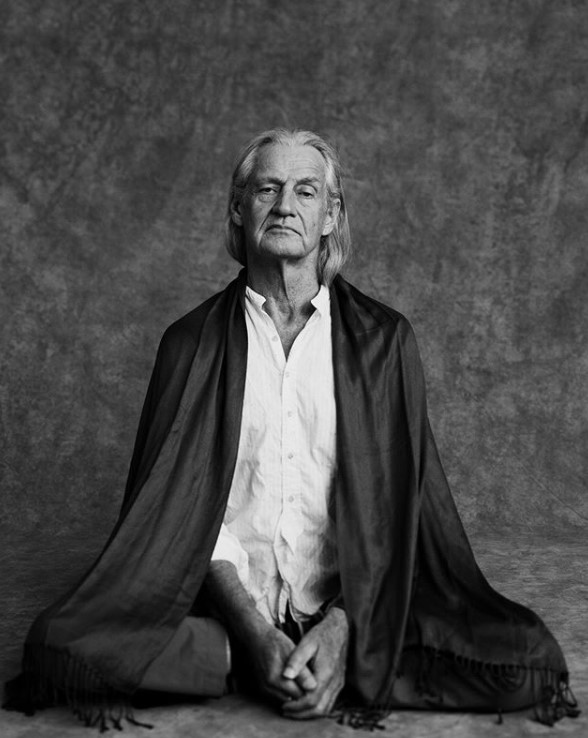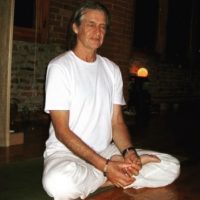Mothers are the Nurturers
“Some people say that yogabhyasa is only for men and not for women,” Tirumalai Krishnamacharya writes, “Some others say that yoga is only for brahmins, Kshatriyas, and vaishyas and not for others. One can immediately say that these people have never read the yoga sastras.” — Yoga Makaranda (1934).
In his lifetime, Tirumalai Krishnamacharya, ‘the father of modern Yoga’ went to great lengths to ensure that Yoga was made available to women and mothers. He went against the Brahmin orthodoxy of his society to make sure that women were educated in Yoga, including teaching women Vedic chanting and publishing extensively on how to practice Yoga asana during menstruation and pregnancy in the Yoga Makaranda.
It was a principle of Krishnamacharya and his son Desikachar’s teaching that mothers are the nurturers of the community and therefore mothers must be nurtured. Women must be given the time and an actual space in the house to practice. In all the busyness that comes along with having a beautiful child it is good for mothers to fit a practice into their day. It might just be fifteen minutes but it is vital time.
When you are nurturing a child, you need to be nurtured by family and friends and to imbibe the nurturing source for yourself. In our practice, we carefully apply the simple principles that Krishnamacharya taught: the body movement is the breath movement, the inhale is receptivity from above, the exhale is strength from below, the breath envelops the movement, asana creates bandha, the intelligent cooperation of muscle groups in the polarity of strength that is receptive.
When we practice with these principles then we feel good and we feel THE good; we absorb the nurturing goodness of life.
If the mother is supported to practice then they can in turn support their partner to practice too. If the parents are both practicing, this ensures that when the baby does come the sexual polarity and the flow of prana between partners will not diminish. Yoga is necessary into order to maintain and nourish your adult intimacy especially amidst the excitement and relational changes that come from having a child.
The greatest gift that parents can give to their children is to be living examples of a life of whole body intimacy, within and without. The children then grow up in what is essentially a Yogic culture and very naturally understand what it is.
Mark Whitwell | Heart of Yoga
A Householder Tradition
Tirumalai Krishnamacharya rescued the ancient Tantras and brought them into the modern world. He made sure that the Yoga Tantra could be practiced by all people within ordinary family life, no longer restricted to the monastic religious seeking of the Hindu and Buddhist Tantras.
Krishnamacharya’s Guru, Ramamohan Brahmacari, lived in a cave system on Mount Kailash with his wife and children. After seven and a half years of study, Krishnamacharya asked his Guru what his payment should be. Brahmacari asked him to marry, raise a family, and bring Yoga to the whole world.
At the request of his teacher, he brought the Yoga Tantras down from Tibet into South India. He married his wife Namagiriamma and fulfilled the pronouncement of the 10th Century Vedanta Acharya Ramanuja that Yoga and the male/female collaboration as opposites and equals, where one empowers the other in an endless mutual exchange, was necessary in order to realize the non-dual state of advait — not two. Krishnamacharya would say, “Family life is the perfect Yoga cave.”
*Join the by-donation heart of yoga online immersion into personal practice and learn a daily Yoga practice that will serve your relational life, deprogramming the nervous system from non-receptive patriarchal patterning, and allowing the body’s natural state of nurturing love to flourish.












Read 0 comments and reply